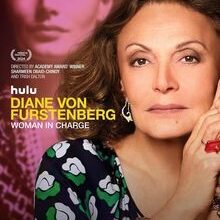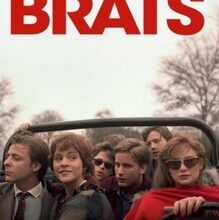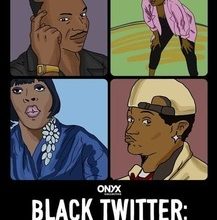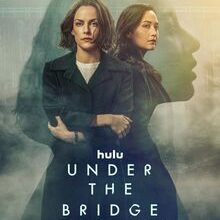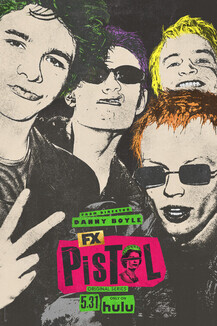
Pistol
Pistol
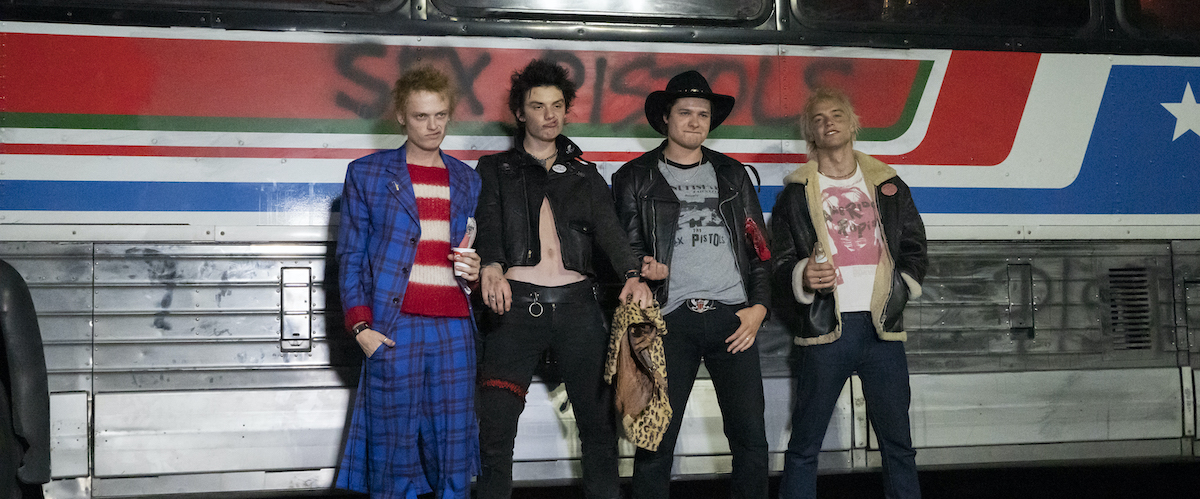
It would be mighty punk rock to spend six 50-minute episodes calling out your focal biopic characters for being boring lads, piss-poor musicians, and superficial revolutionaries. But Danny Boyle, the director of this six-episode FX limited series, clearly did not intend to do that here for the Sex Pistols mythology. Boyle’s hyperactive cutting and jarring camera angles be damned, his latest sentimental music tribute “Pistol” remains a big misfire that might even make you like the Sex Pistols less.
For all the angst that the London-based band expressed with their locomotive power chords and the hypnotized wails of Johnny Rotten, their saga just does not owe to a must-watch narrative, at least in the writing of creator Craig Pearce. “Pistol” charts the growth of Sex Pistols as an antidote to the conservative ideals of 1970s Britain, a mutating beast that had different band members and roles, and one that became more and more about the image than the music. Boyle films the whole of it with a lot of grain and unpredictable editing, as if this were the kind of biopic he would have made if he could time-warp back to 1977 when they made their one album, Never Mind the Bollocks, Here’s the Sex Pistols.
The show’s erratic emotional focus begins with Steve Jones (Toby Wallace), the original lead singer for a quartet of wannabes he has named The Swankers. They don’t have any originals except for a chorus inspired by his abusive stepfather, and their guitarist wears glasses. But Steve believes that they’re going to be the next big thing. If he has to steal amps and gear from the local venues in the process—including a microphone, with Bowie’s lipstick still on it—that’s a part of this passion to make something of himself. When he’s soon caught and thrown in jail, his life is saved in court by a flashy, pompous manager named Malcolm McLaren (a theatrical Thomas Brodie-Sangster) whose ultimate plan is to siphon Steve’s anger and hunger into a rock ‘n roll revolution.
Based on Steve’s story, “Pistol” makes no qualms that the band was most of all a managerial concoction, assembled by someone who dresses sharply but wants to disrupt the system and burn it all down, or so Malcolm says in the press. Some changes are made to the lineup, including Steve becoming the new guitarist who has to teach himself (spectacles guy gets the boot), now living in a dingy workshop in the Bowery where the lead singer of Badfinger recently hung himself. Again, no original songs and not much musicianship to their name, aside from the drummer Paul (Jacob Slater) whose parents are so supportive they host his drum set in their bedroom. But even he comes close to quitting because of an apprenticeship he’d rather spend time on.
Enter Johnny Rotten, the “street poet” of the series, played like an angry Sheldon from “The Big Bang Theory” by Anson Boon. His performance captures Johnny’s wide-eyed intensity and unpredictable wrath, never sure if a creative idea is going to piss him off or earn his praise. But it leads to a major problem with the series’ attitude, in that it’s so difficult to replicate a genuine cool in an origin story for a mass-marketed rebel. Just look at, of all things, how “Solo: A Star Wars Story” struggled with its central task of recreating the fresh cool of Han Solo, and was stuck with impersonation. In the case of “Pistol,” rebellious acts, icy glares, and the like veer toward corny branding, all the more so when some character pontificates about revolutions. This saga follows the crystallization of punk rockers, but it hardly has the shocking insight of punk rock.
The most poignant statement this series can make is that the Sex Pistol boys all fought a lot, and that very corrosive energy (“We’re not into music—we’re into chaos,” they’re quoted by NME saying) made it into their songs and performances. Their growing audience wanted to fight too. Along with Boyle’s filmmaking, in which the constant soft lighting on his edgy punks seems like a grave miscalculation, that profession of chaos struggles to create a cause worth rooting for, with little emotional investment in the growth of this band. Every mild plot line undermines the other, leaving the viewer with a historical overview at best as to what one of the world’s most famous punk bands did and did not have.
One can see what drew the director of both “Trainspotting” and the opening of the 2012 Summer Olympics to this material—the chance to dive back into the chaotic mindset of the youth, to find something more real than English foppery inside the toilet of the underworld. It’s clear, too, that Boyle wanted to orchestrate his chaotic crowd fever, as in the many concert scenes that have the bandmates dodging bottles, exchanging spit and fists with their attendees. And yet while Boyle wants to trace the impact of the Sex Pistols’ music like his magical-realist Beatles homage “Yesterday,” this venture feels even more weightless. “Pistol” doesn’t have the same sense of being a corporate gig meant to promote record sales, but it does have the same debilitating sentimentality.
“Pistol” glosses over the revolution at its core and just lightly notes how it affected others, often with news footage from the era that shows real teens with clothespins in their noses, or improvising their hairstyles. Side plots branch off to different fans—most women, including one for a Black mental hospital patient named Pauline (Bianca Stephens) whose backstory of trauma is clumsily handled—and more or less offer the tidy sense that people also felt their music. And outside of the band, the series pays lip service to women who were adjacent to their movement, like Vivienne Westwood (Talulah Riley), whose punk boutique SEX gave the band their name and their edge and philosophical desire to shake things up. Meanwhile, Chrissie Hynde (Sydney Chandler), later of The Pretenders, a worker at the boutique, is the one who has to give Steve guitar lessons. These women are very interesting but they become either girlfriends or mother figures in the story—at least we get to hear Hynde sound check future Pretenders hit “Brass in Pocket” as a type of rocket away from this tedious hell. Maisie Williams also shows up, as a real-life London fixture named Jordan who had stand-up hair and strolled the streets in shocking clothes, but her character is dropped to the side after a grating scene where Vivienne explains to a couple of young Sex Pistols fans what Jordan’s clothing “means.”
The other major band member of the Sex Pistols tale, Sid Vicious (played by Louis Partridge), takes on a larger part of the story by no fault of his own from the inherently calamitous course of events, but that fits awkwardly into the already lacking momentum. By the time he becomes the band’s bassist and latest cultural figure, he represents the most tedious facets of being a Sex Pistol—he’s openly image-driven, self-destructive to the point that getting his ass kicked makes him content, and addicted to the substances (his toxic relationship with Nancy [Emma Appleton] and heroin) that eat rockers alive. And yes, he can’t play bass. Like how Steve was our original symbol of aimlessness, Sid Vicious is presented as further evidence of the loud movement’s low standards and superficiality, and the later episodes shuffle him on and off-stage.
“Pistol” wants to embrace its self-professed antichrists and recreate the mechanics of their chaos, but in turn, it becomes the rare case of a music biopic that might be too honest for its own good. The mere sentiment behind it all, in Boyle’s filmmaking and the Sex Pistols’ fight songs, is far from enough.
Full series screened for review. All episodes of “Pistol” premiere on FX on Hulu on May 31st.
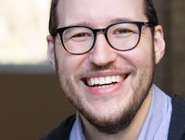
Nick Allen
Nick Allen is the former Senior Editor at RogerEbert.com and a member of the Chicago Film Critics Association.
Now playing
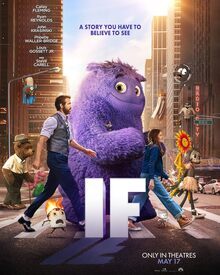
IF
Clint Worthington
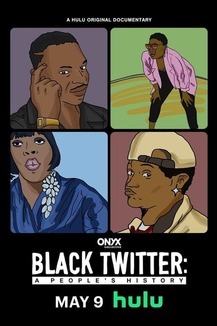
Black Twitter: A People’s History
Rendy Jones

Kingdom of the Planet of the Apes
Tomris Laffly
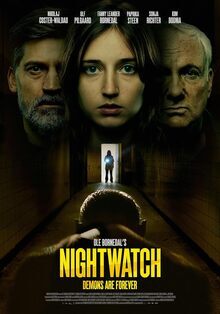
Nightwatch: Demons Are Forever
Simon Abrams
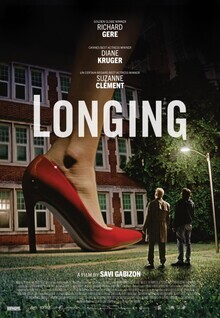
Longing
Nell Minow
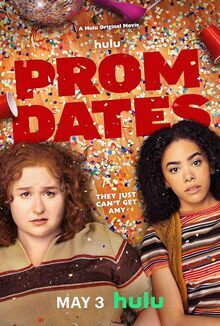
Prom Dates
Matt Zoller Seitz
Film Credits
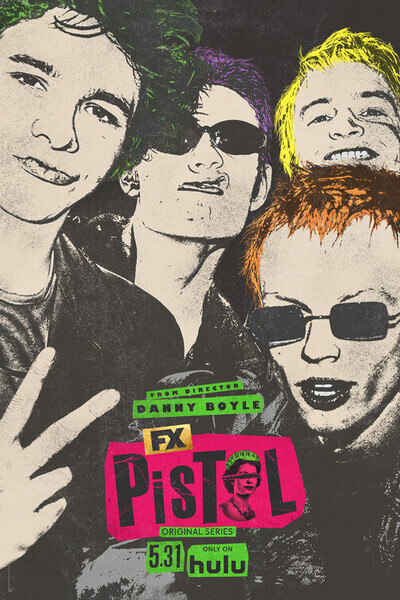
Pistol (2022)
300 minutes
Cast
Toby Wallaceas Steve Jones
Anson Boonas Johnny Rotten
Jacob Slateras Paul Cook
Christian Leesas Glen Matlock
Thomas Brodie Sangsteras Malcolm McLaren
Talulah Rileyas Vivien Westwood
Sydney Chandleras Chrissie Hynde
Maisie Williamsas Jordan
Director
- Danny Boyle
Writer
- Craig Pearce
Writer (based on)
- Steve Jones
Cinematographer
- Anthony Dod Mantle
Editor
- Jon Harris
Latest blog posts
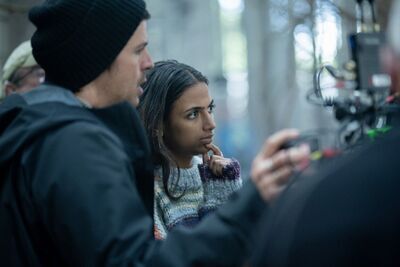
The Language of Horror: Ishana Night Shyamalan on The Watchers
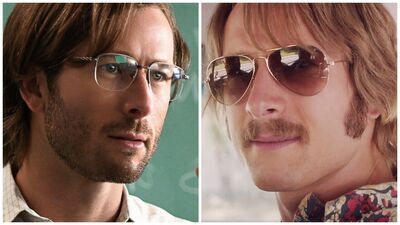
Everybody Wants Some!! Told Us Everything We Needed to Know About Glen Powell
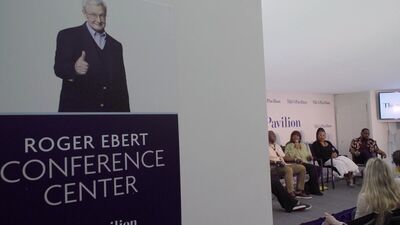
Cannes 2024 Video #9: Festival Wrapup
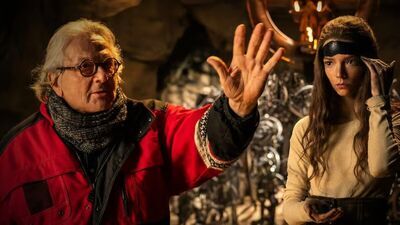
The Future of the Movies, Part 3
Comments
comments powered by Disqus
